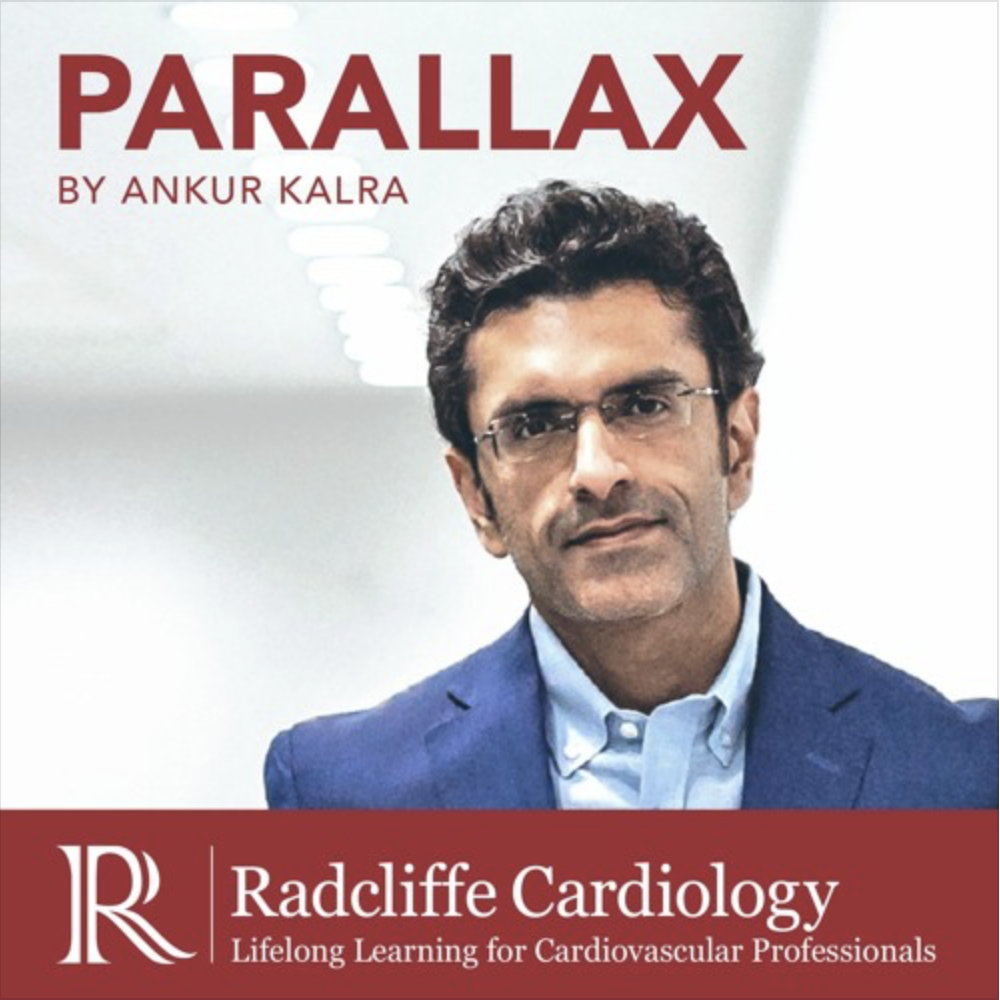
We have observed a lot of developments in percutaneous coronary intervention (PCI) over the past 12 months with the publication of various studies and trials. This week, Ankur spoke with J. Dawn Abbott, MD, Associate Professor of Cardiology at Warren Medical School of Brown University about her recently published US Cardiology Review 13.1 article on the significant developments in PCI over the past 12 months.
Dawn is an associate editor of the journal Circulation: Cardiovascular Interventions and is widely known for her research program on PCI and peripheral arterial disease (PAD). Ankur and J. Dawn discuss multiple trials/studies that were published in 2018, including ORBITA, PIONEER-II and ABSORB. J. Dawn also shares her thoughts on the latest stent technologies.
Hosted by @AnkurKalraMD. Produced by @RadcliffeCardiology.

In this brilliant conversation, Ankur, Emmanouil and Michael unravel the potential advantages, challenges and practical realities of using drug-coated balloons in SVD, and the findings of the latest randomised controlled trials studying this area.
Hosted by @AnkurKalraMD. Produced by @RadcliffeCardiology. [Disclaimer: The use of drug-coated balloons in coronay intervention is still off-label; it has not been approved by the FDA.]
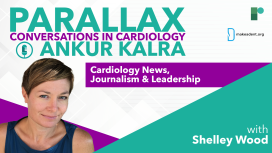
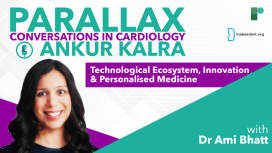
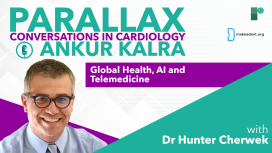
They talk about AI assisted consultation, learning pathways incorporating simulators for early career practitioners and the Flying Eye Hospital. Dr Cherwek shares his experiences about working with local teams globally and the work that goes into setting up trials across the world.
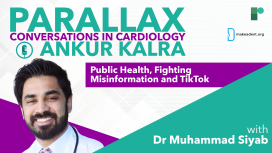
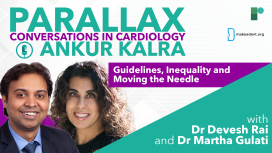
Dr Ankur Kalra’s guests this week are Dr Martha Gulati, internationally recognized cardiologist specializing in Women and Heart Disease, Heart Disease Prevention and Dr Devesh Rai, first year cardiology fellow at Rochester General Hospital.
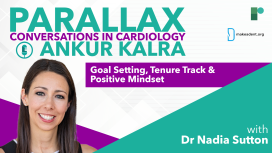
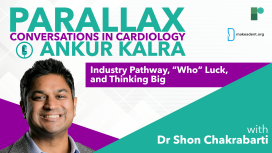
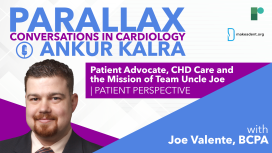
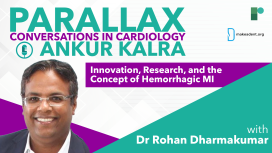
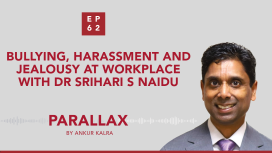

Parallax’s guest this week is Dr Eric David Adler, Medical director of heart transplant and mechanical circulatory support at UC San Diego Health.

How did Dr Gragossian receive her diagnosis? How does she feel about her new reality? What drives her? What is her message to our listeners?

Just after 9/11, Heval, the 18-year-old Syrian Kurdish refugee found a job as a dishwasher. At this point, he was the sole provider of his family. The pressure that comes from being poor did not leave him for many years. Today, he is firm believer in giving back to underserved communities by spreading awareness within the medical community. As he says, well-meaning people of privilege are sometimes afraid to act. What we need is more people to bridge the gap and find ways to help each other.

What drives Dr Nishtha Sodhi? What were the formative moments of Dr Sodhi’s career? What are the new frontiers of cardiology?






